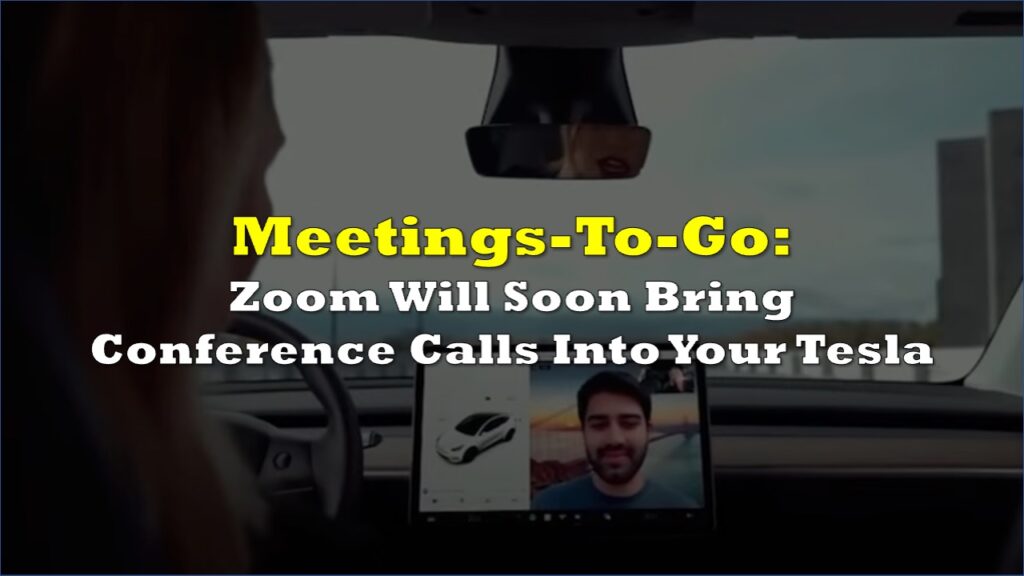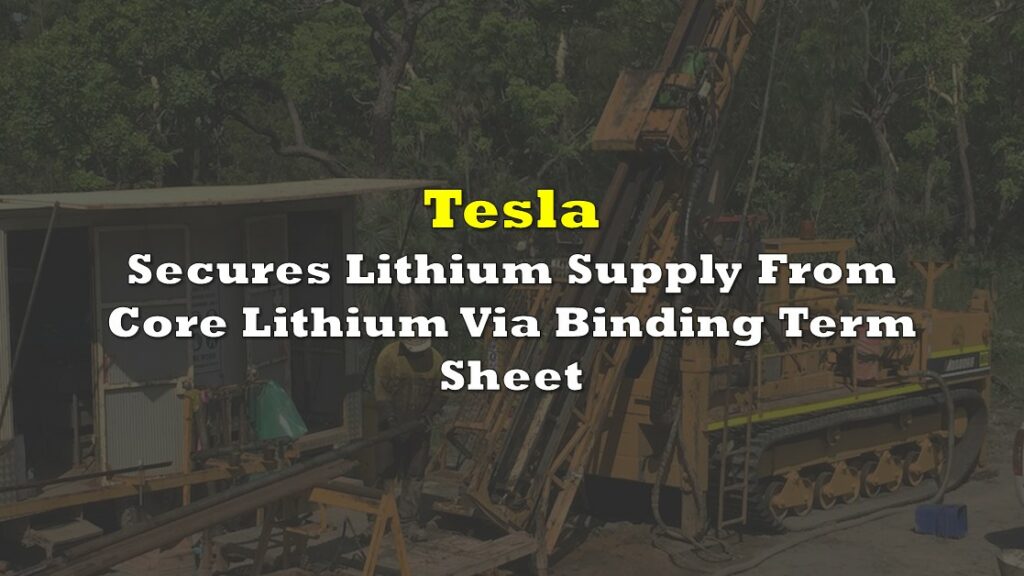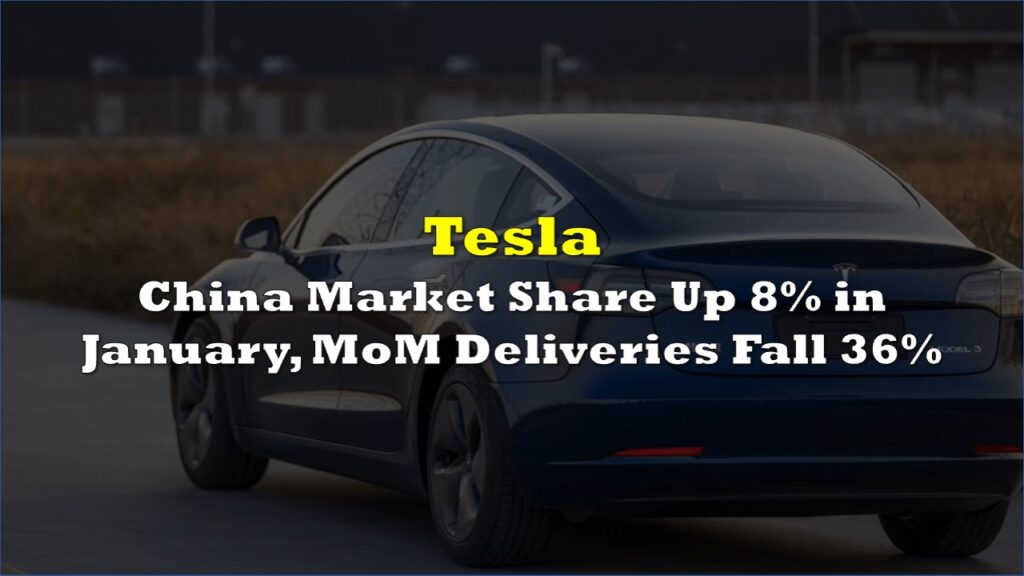Fred Lambert, the longtime editor of Electrek and an early Tesla (NASDAQ: TSLA) advocate, has fully divested from Tesla. After more than a decade of investing in the company, Lambert expressed his deep concerns over Tesla’s shifting priorities and leadership under CEO Elon Musk. His exit from Tesla stock has resonated with many others who have since echoed his sentiments, suggesting a broader investor exodus.
“I finally did it. I got fully out of $TSLA,” Lambert wrote, citing a significant loss of trust in Tesla’s leadership and a departure from the company’s original mission. His announcement has sparked a wave of similar revelations from Tesla shareholders who, like Lambert, are disillusioned with the company’s current direction.
The backlash in the comments section of his post reveals a growing unease among long-term investors who once believed in Tesla’s vision of accelerating the transition to sustainable energy.
I finally did it. I got fully out of $TSLA. Sold all my shares.
— Fred Lambert (@FredericLambert) September 5, 2024
I go into details as to why in the article below, but the main reasons are:
– I don't see Tesla as being aligned with the original mission, which was the main reason I invested in the company: to accelerate the… https://t.co/XCHqSLJkXZ
“It’s not the same company anymore”
For Lambert, Tesla’s initial mission—focused on the electrification of transportation and the adoption of renewable energy—was the main reason he invested in the company in the first place.
“I thought then, and still do today, that a combination of battery-powered vehicles, with the ethical sourcing of raw battery materials, battery recycling, and renewable electricity production to power electric vehicles, is the only solution to making the transportation sector long-term sustainable,” Lambert wrote.
However, over the years, Lambert began to feel that Tesla had shifted its focus toward artificial intelligence, autonomous driving, and robotics, at the expense of its electric vehicle mission.
“Now, it’s all about AI, self-driving, and robots,” he said, pointing to Musk’s increasing focus on futuristic technologies that have yet to yield tangible results. This shift is not necessarily wrong, Lambert admits, but it’s not what drew him to invest in the company. “It’s simply not what I invested in,” he added.
Many commenters who followed his announcement shared similar feelings. A user commenting on Lambert’s article responded, “I have now lost all faith in Elon Musk and feel that the company will continue to fall further and further from its original mission.”
Another commenter, added, “I got out of Tesla shares about a year ago for similar reasons. Mostly disappointment in the mission shifting away from the transition to sustainable energy.”
The leadership crisis
One of the most significant reasons behind Lambert’s decision to sell all his Tesla shares was his growing distrust in the company’s leadership, particularly Musk. While Musk’s early contributions to Tesla were vital, Lambert argued that his leadership has become increasingly erratic.
“I don’t trust the leadership anymore, especially Elon Musk and the board of directors,” Lambert stated.
The editor pointed to a “big talent exodus” over the past few years, noting that the once formidable team of engineers and innovators who helped drive Tesla’s success is no longer as robust.
“I track the comings and goings of top talent at Tesla very closely, and in the last few years, I’ve seen tons of high-level departures and very few new top hires,” Lambert wrote.
This loss of talent was echoed by several investors in the comments. One commenter wrote, “I came to the same conclusions Fred did, two months ago. I am completely divested from TSLA. Perhaps Tesla will continue to grow, but I got off that roller coaster.”
Even those who remain Tesla enthusiasts have expressed concern over Musk’s erratic behavior and its impact on the company. Another user, said, “I would also add that the CEO of the company is now working directly against the interest of shareholders, including endorsing a presidential candidate and randomly firing important departments.”
Shareholders discontent
Lambert’s growing disillusionment with Tesla’s shareholder base also played a role in his decision. He recounted how shareholders, in a recent vote, overwhelmingly supported reinstating Musk’s $50 billion compensation package, despite a judge raising concerns about the process behind it.
“The timing was incredible,” Lambert noted, pointing out that Musk had sold billions of dollars worth of Tesla stock to finance his purchase of Twitter, while simultaneously fighting to maintain control over Tesla.
For Lambert, the final straw was Musk’s treatment of Tesla employees: “Musk had just canceled the stock options for Tesla employees just a month before the judge’s decision to rescind his own stock option package.”
To his surprise, the majority of Tesla shareholders still supported Musk.
This revelation struck a chord with several other commenters who had grown increasingly frustrated with the company’s governance. A user commented, “I sold all my shares about two months ago for many of the same reasons. The company has lost its mission: no cheaper Model 2, and the $50 billion pay package. I’m financially and emotionally out.”
Another commenter, who sold his Tesla stock earlier in the year, echoed similar frustrations: “I sold out late last year/early this year mainly due to concerns of slowing growth, but also the direction change of the company.”
Giant red flag
As the dust settles on Lambert’s decision, it’s clear that his exit reflects a broader concern among Tesla’s early supporters. Once hailed as the future of sustainable transport, Tesla now seems to be losing its grip on that original vision. The focus on AI and autonomous driving—while certainly groundbreaking—has alienated investors who believed in the company’s environmental mission.
Lambert admits that Tesla has the potential to regain some of its former glory, particularly if it can solve full self-driving (FSD) technology. However, his confidence in Tesla’s leadership to deliver on these promises is low.
“Despite Tesla now openly using miles between interventions as a metric to track FSD progress, the automaker has never released this data. This is a giant red flag,” Lambert wrote.
As one commenter remarked, “I exited because I lack confidence in Tesla’s ability to improve the key metrics of a profitable business: revenue growth, profit margin expansion […] They have failed to expand into new markets with Supercharger buildouts and localized manufacturing.”
“Respect. If it makes you feel any better, I diversified recently as well, for all of the reasons you mentioned above. Hopefully, the good times will come again to this community that used to be so vibrant,” said another commenter.
It remains to be seen whether Tesla can address these concerns and regain the trust of its earliest supporters. For now, Lambert’s departure highlighted a possible turning point in the company’s relationship with its investor base—a relationship that once seemed unbreakable but now shows cracks amid the shifting priorities and leadership choices at Tesla.
Information for this briefing was found via the sources mentioned. The author has no securities or affiliations related to this organization. Not a recommendation to buy or sell. Always do additional research and consult a professional before purchasing a security. The author holds no licenses.









